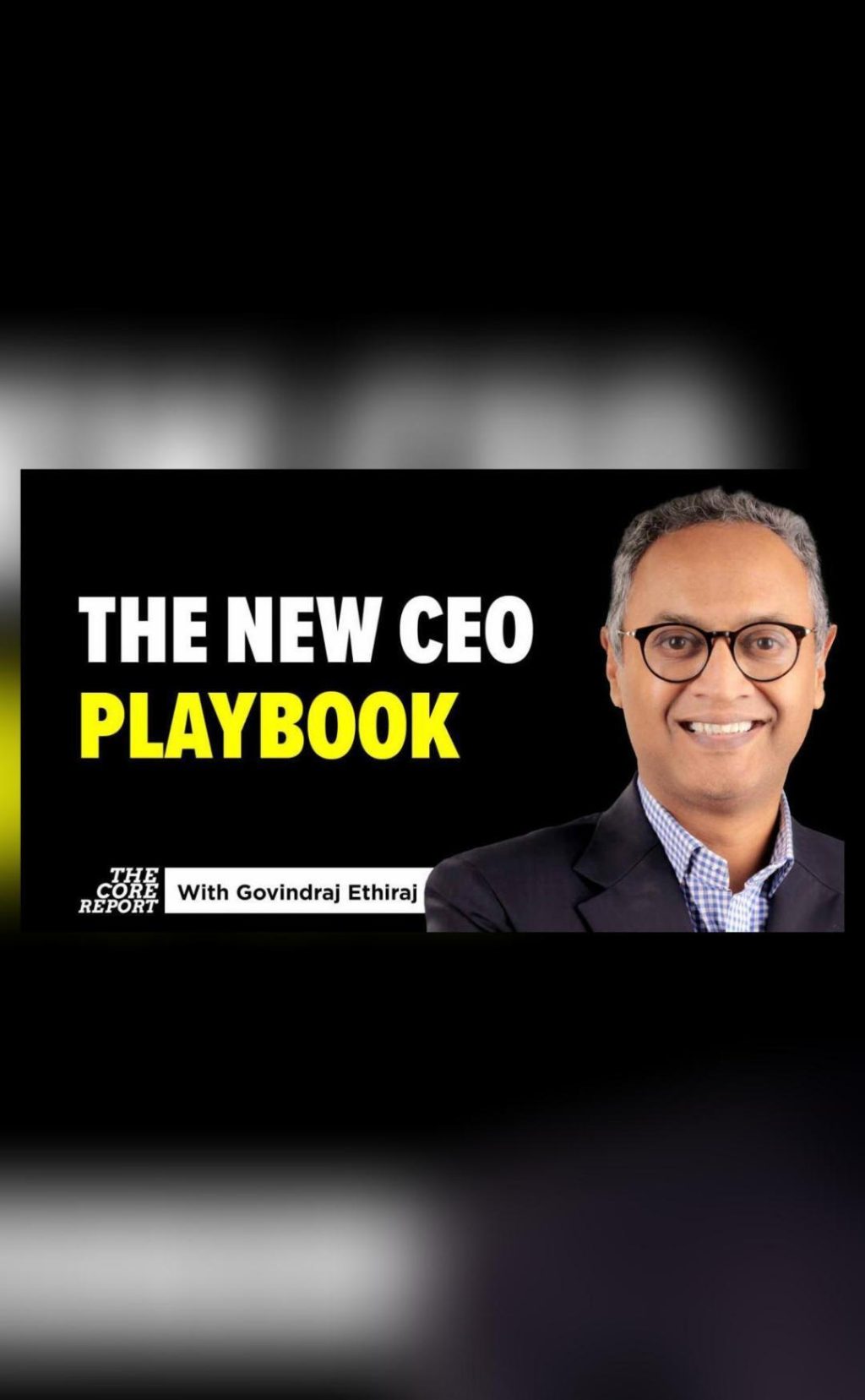
The New CEO Playbook: AI Pressures & Global Tariff Shocks
As the world becomes increasingly interconnected, the role of the CEO has never been more challenging. With the rise of Artificial Intelligence (AI) and the uncertainty of global trade policies, business leaders are being forced to rethink their strategies and operations to stay ahead of the competition. In this post, we’ll explore the pressures faced by CEOs in today’s fast-paced business environment and provide insights on how to navigate the complexities of AI and global tariffs.
The Pressure to Automate and Innovate
One of the most significant pressures facing CEOs is the need to automate and innovate in response to AI. As AI reshapes industries, companies are being forced to adapt quickly to remain competitive. According to a McKinsey report, AI could add $13 trillion to the global economy by 2030, but only if companies successfully integrate AI into their operations. CEOs must balance the need to automate processes, develop new products and services, and upskill their workforces to remain relevant in the AI-driven economy.
For example, the manufacturing industry has been significantly impacted by AI, with machines and equipment becoming increasingly intelligent and autonomous. CEOs of manufacturing companies must adapt their production lines to incorporate AI-powered robots and machines, while also retraining their workforces to work alongside these new technologies.
The Impact of Global Tariffs
In addition to AI pressures, CEOs are also grappling with the uncertainty of global trade policies. The implementation of tariffs on imported goods has disrupted supply chains and forced companies to rethink their global sourcing strategies. According to a report by the National Bureau of Economic Research, the impact of tariffs on the US economy has been significant, with trade tensions resulting in a decline in economic growth.
CEOs of companies that rely heavily on international trade must navigate the complexities of tariffs and trade agreements to protect their businesses. This may involve diversifying their supply chains, locating production facilities closer to their target markets, or developing new products that reduce their reliance on imported goods.
The Need for Agility and Adaptability
In the face of these pressures, CEOs must prioritize agility and adaptability in their organizations. This means being willing to pivot quickly in response to changes in the market, and being open to new ideas and innovations. According to a survey by PwC, 77% of CEOs believe that their companies will need to undergo significant changes to remain relevant in the next 3-5 years.
To achieve this level of agility, CEOs must foster a culture of innovation within their organizations. This may involve creating cross-functional teams, providing training and development opportunities for employees, and encouraging experimentation and risk-taking.
The Role of Technology in the New CEO Playbook
Technology will play a critical role in helping CEOs navigate the challenges of AI and global tariffs. According to a report by Deloitte, 75% of CEOs believe that technology will be a key driver of growth in the next 3-5 years.
One of the key technologies that CEOs will leverage is data analytics. By gaining insights from large data sets, companies can better understand their customers, optimize their supply chains, and identify new business opportunities. According to a report by Gartner, 80% of companies will have a chief data officer by 2025, highlighting the importance of data-driven decision-making in today’s business environment.
The New CEO Playbook: Localise, Adapt, and Reconsider
In conclusion, the new CEO playbook is all about localising, adapting, and reconsidering long-held business models in response to the pressures of AI and global tariffs. CEOs must prioritize innovation, agility, and adaptability in their organizations, while also leveraging technology to drive growth and profitability.
By localising their operations, adapting to changing market conditions, and reconsidering their business models, CEOs can position their companies for success in today’s fast-paced business environment. As the world becomes increasingly interconnected, the role of the CEO has never been more challenging, but also more exciting. By embracing the opportunities and challenges of AI and global tariffs, CEOs can lead their companies to new heights of success.
News Source:






